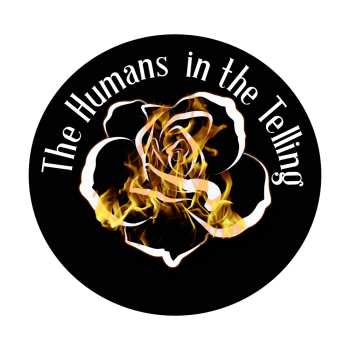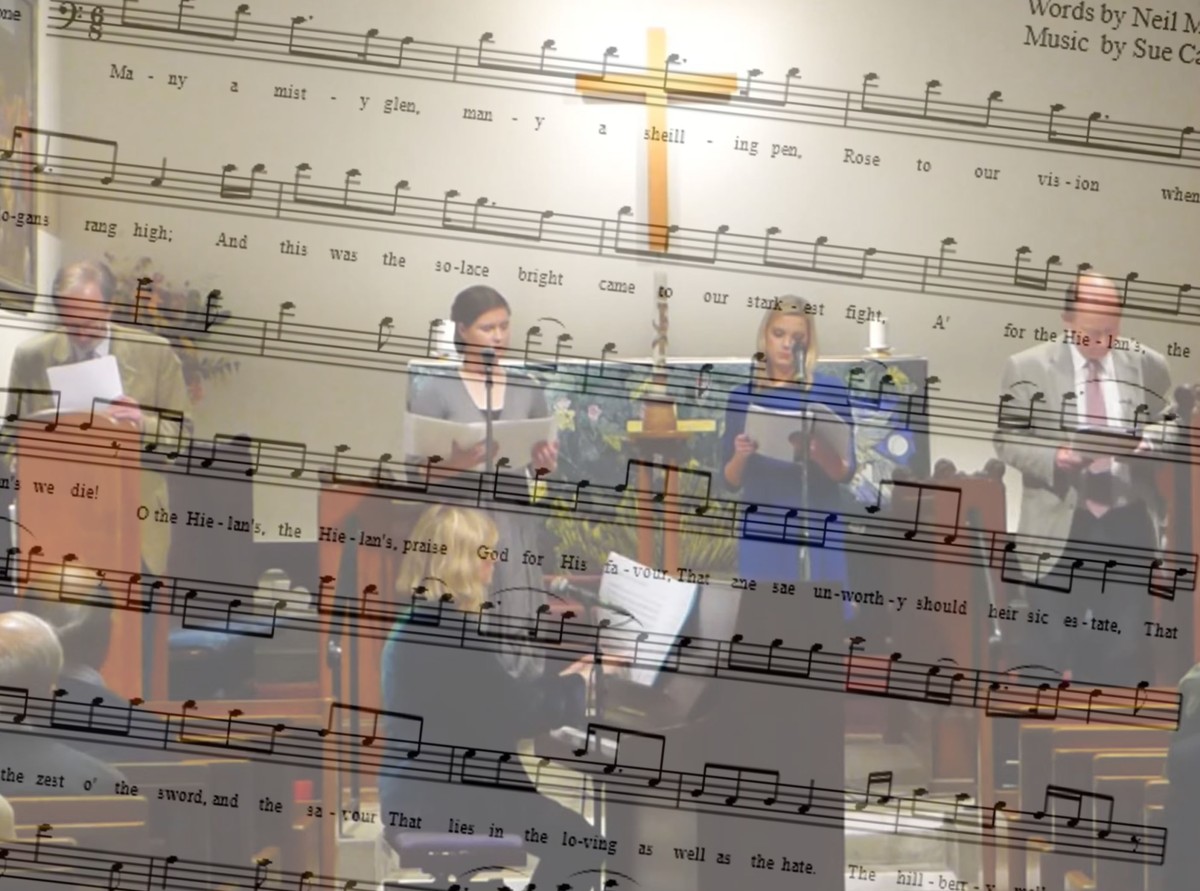David Maxwell Fyfe is one of the architects of the post-war world. But although we all live with his legacy, he is now largely forgotten. How do you introduce him to a modern audience? Sue Casson describes how she and Tom Blackmore, the writers of Dreams of Peace & Freedom, found the answer lay in bringing the history that shaped him to life.
‘So while the light fails on a winter’s afternoon in a secluded chapel History is now and in England’ TS Eliot – Little Gidding
Tom Blackmore introduced a performance of Dreams of Peace & Freedom for the patronal festival of St Luke’s, Sevenoaks at the end of 2015 with these words, and a question – ‘What history is within us that shapes us and makes us different?’

Following our Big Year for Freedom tour, we were looking at ways to introduce David Maxwell Fyfe, a man who is now all but forgotten, but who played such an important role in post war peace, to a larger audience. This invitation offered a perfect opportunity to explore his difference – the history within him that inspired his passion to embark on creating a living law that would keep Europe safe after the war.
It had been suggested that a short programme of songs and readings before the main performance was a good way to acquaint the audience with David Maxwell Fyfe and the period in which he lived. What we discovered in putting this together, nourished the development of our show in surprising ways.

In a short preamble, Tom identified three separate histories that shape us, and these were the basis of our introduction. The first was educational history. The books Maxwell Fyfe read with his English master HJ included Shakespeare, Wordsworth and Brooke, and quotations from them peppered speeches throughout his life. He even says in his autobiography that ‘any power of speaking would have been infinitely weaker’ had he not been taught by him, and over and over we saw him draw on his wide reading at school and university, in his speeches. His time at Oxford studying the ‘Greats’ fed his knowledge of natural law. He quoted Horace in his speech to The American Bar Association, which gave a context to the inclusion of Magna Carta in the song cycle.
It was in presenting the second, personal history – where the circumstances of our birth and early life feed into the person we become – that the song cycle changed into the piece it was to become. We knew that Fyfe’s mother had been a huge influence in his life, and that in turn her history, as part of a family affected by the Highland Clearances, had fed into her only son, shaping his life-long commitment to human rights, and our title reflected this.
But Tom had just discovered Hugh Fraser’s account of the clearance of Migdale in the transcript of the Napier Commission (established in 1883 to explore eviction injustice across the Highlands), from which he was able to choose excerpts. That evening, we threaded these through the haunting traditional Scottish melody ‘Mist covered Mountains’ alongside Jim McLean’s lyrics of protest. When we later included the song in the cycle, at a stroke the words ‘Dreams of peace and freedom’ were voiced within it, and with them the unspoken message that these dreams began at Fyfe’s grandmother’s knee.
We’d taken time to consider whether to include music that wasn’t original in the cycle, but it opened the door to Ne Dis Pas when it became known to us a couple of years later.

This evening also came to mind as we were developing the projections that were to become a central part of our performance. In exploring what Tom had called the ‘third history to shape us’, we had put together a medley of wartime songs to evoke the historical background to Maxwell Fyfe’s life. Until he was forty-five this was one of world war and Depression. As we devised a picture show to illustrate how his life changed over those years, we put aside the wartime tunes and chose instead to stay true to the emerging Scottish spirit we were depicting. It was a dialect poem from the evening – Sergeant o’ Pikes by Neil Munro, quoted by Fyfe in an introduction to the autobiography of the Duke of Sutherland, that I finally chose to set.
Munro’s lines on the warlike clansmen echoed the ‘brave spirits’ of the past that set alight Fyfe’s romantic imagination. For them ‘the Hielan’s’ were forever at their back driving them on, keeping them true to Scots tradition wherever they were fighting. And so it was with David Maxwell Fyfe. He remained true to his Scottish heart and history as he went out to try to change the world.
Listen to Dreams of Peace & Freedom now on YouTube or SoundCloud.



